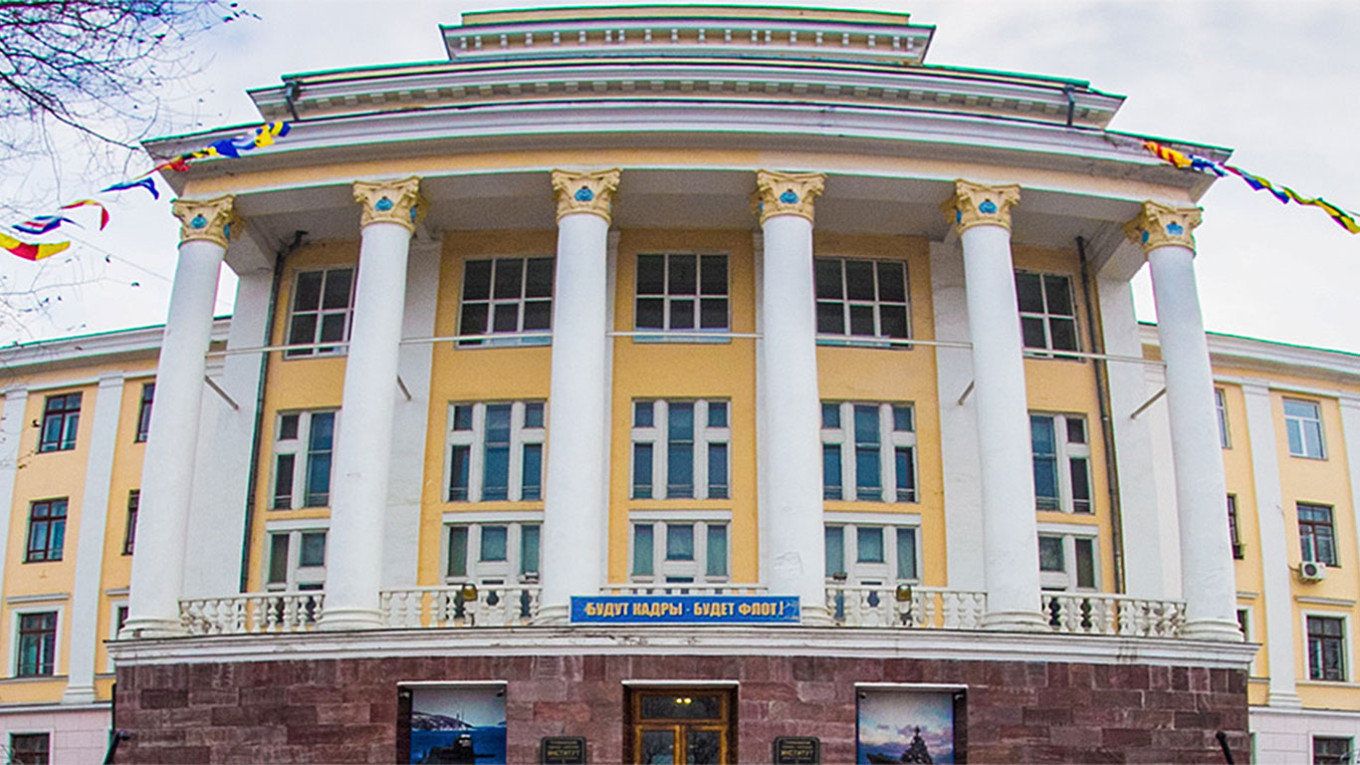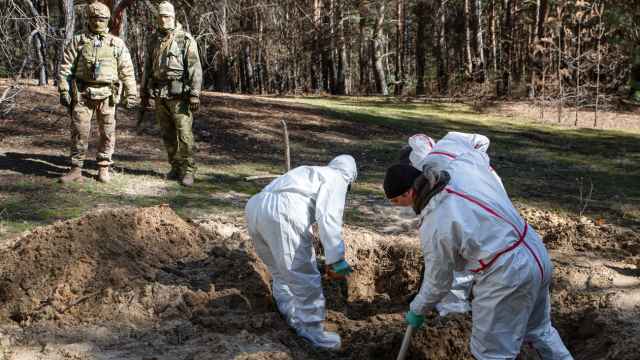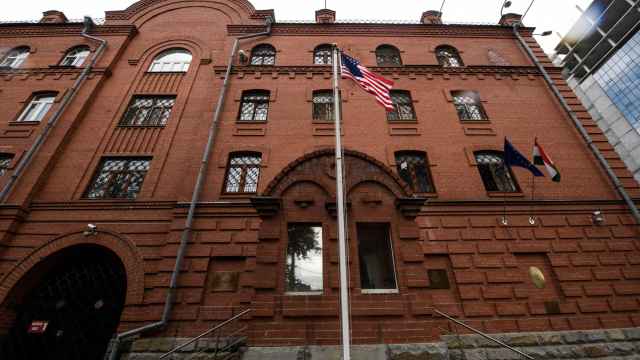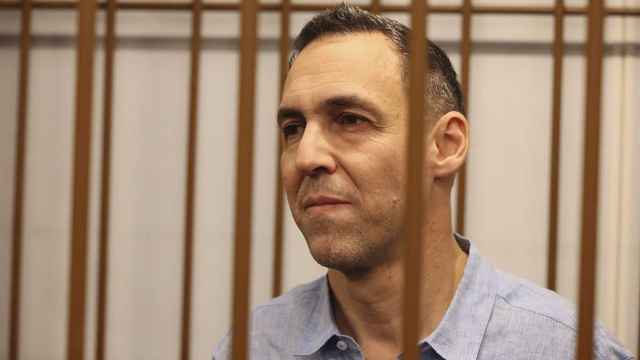The widow of a Russian colonel who shot himself at a conscription center in the Russian Far East earlier this month has blamed his suicide on the pressure he was put under during the Kremlin's recent mobilization drive.
Yulia Boyko, the widow of Colonel Vadim Boyko, addressed an open letter to Russian President Vladimir Putin that was published by Russian media on Monday, in which she called on the Kremlin chief to personally oversee an investigation into Boyko’s death.
Boyko wrote that after he was threatened with a criminal case and financial repercussions for failing to meet his recruitment quota, her husband fell into a "depressed moral and psychological state" and "had insomnia for about a month, losing 15 kilograms."
Colonel Boyko, who was the deputy head of the Pacific Higher Naval School in Vladivostok, was reportedly put in charge of training and accommodating newly mobilized personnel in the city and became a scapegoat for the many problems created by the sudden call-up, according to his widow.
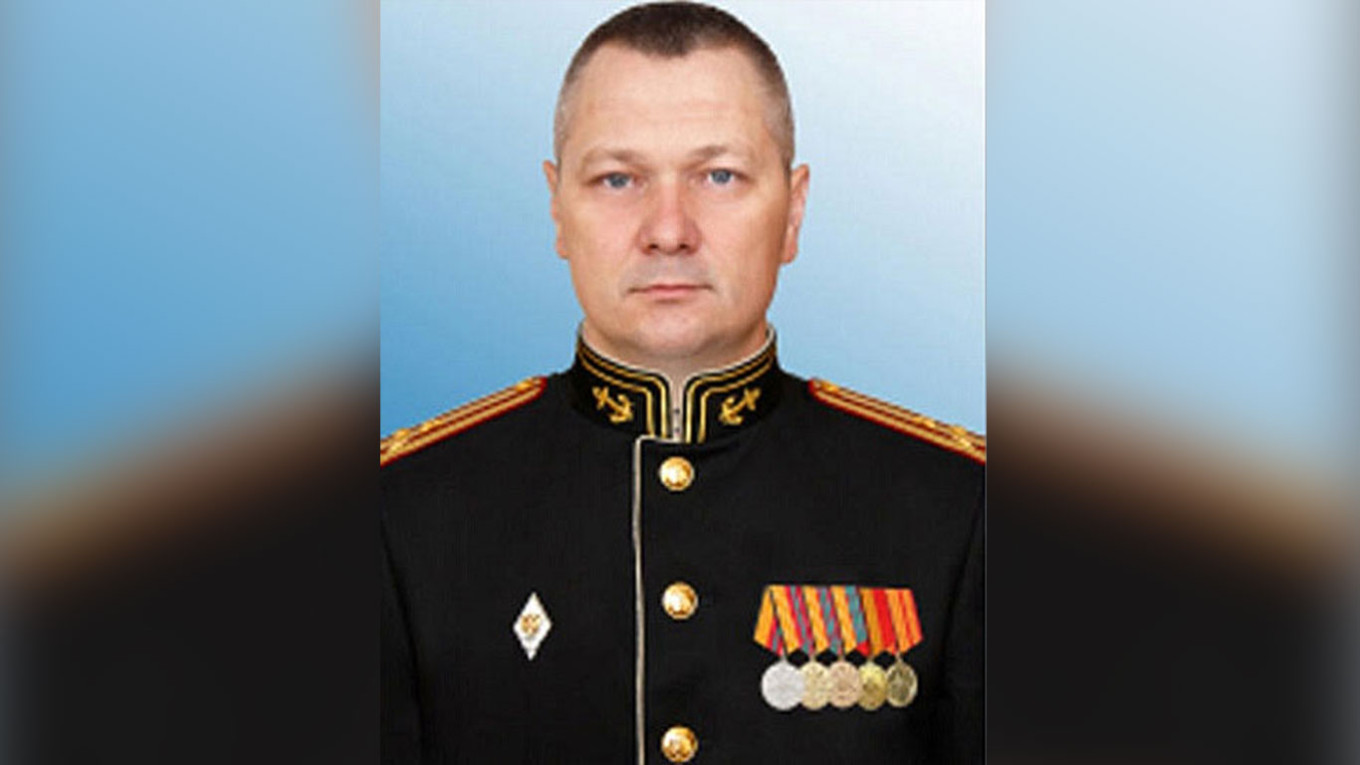
Having been instructed to repair faulty equipment, Boyko was reportedly summoned to a training facility for a dressing down by his superiors who accused him of being personally responsible for the equipment's malfunction.
"The inspectors had already openly informed Colonel Boyko that for the loss and damage to state property, more than 100 million rubles of debts would be passed on to him and he would be punished with confiscation of property," Yulia Boyko wrote in her letter.
Feeling the pressure, Boyko entered his superior's office on Nov. 16 and shot himself five times in the chest with a pistol, in what his widow claims was a direct appeal to the authorities to address the issues created by mobilization.
"By his actions he clearly wanted to attract the attention of the leaders of the Russian Federation and give you a sign that trouble is afoot, that something needs to be done, that the Motherland is in danger," Bokyo wrote.
A Message from The Moscow Times:
Dear readers,
We are facing unprecedented challenges. Russia's Prosecutor General's Office has designated The Moscow Times as an "undesirable" organization, criminalizing our work and putting our staff at risk of prosecution. This follows our earlier unjust labeling as a "foreign agent."
These actions are direct attempts to silence independent journalism in Russia. The authorities claim our work "discredits the decisions of the Russian leadership." We see things differently: we strive to provide accurate, unbiased reporting on Russia.
We, the journalists of The Moscow Times, refuse to be silenced. But to continue our work, we need your help.
Your support, no matter how small, makes a world of difference. If you can, please support us monthly starting from just $2. It's quick to set up, and every contribution makes a significant impact.
By supporting The Moscow Times, you're defending open, independent journalism in the face of repression. Thank you for standing with us.
Remind me later.


